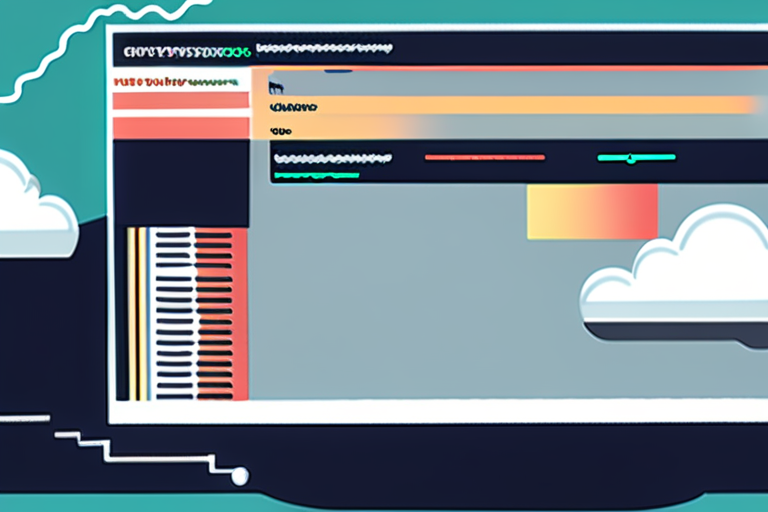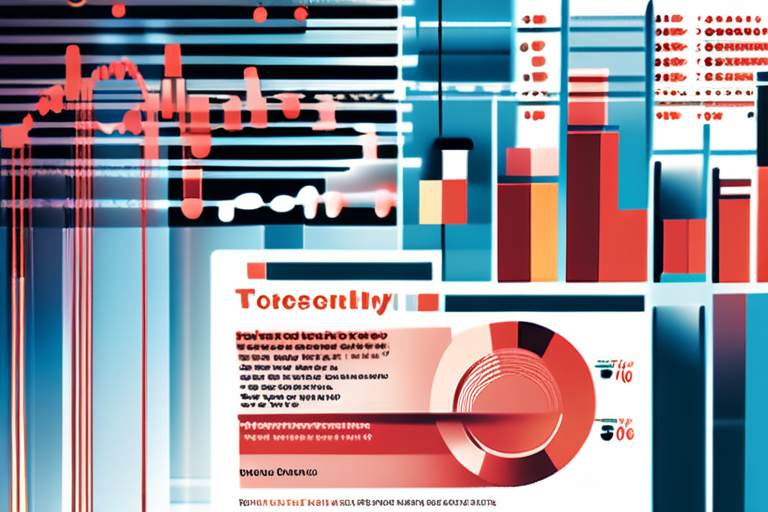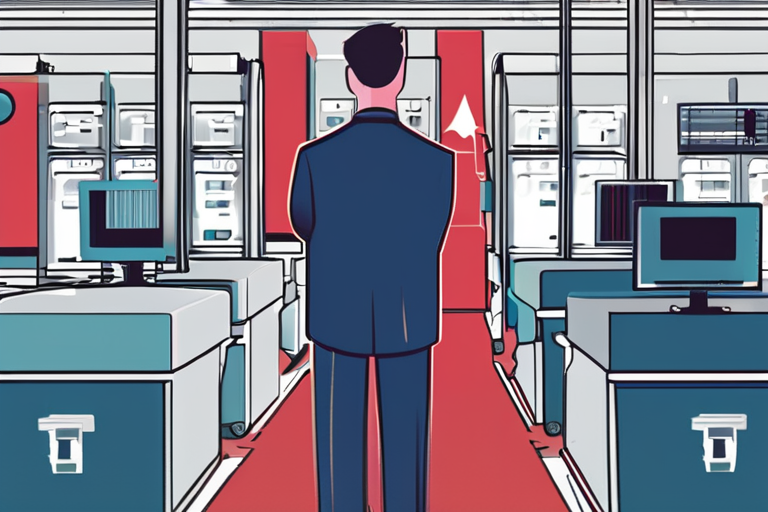France Cracks Down on AI-Driven Cyber Threats Amid Rapid Technological Advancements


Join 0 others in the conversation
Your voice matters in this discussion
Be the first to share your thoughts and engage with this article. Your perspective matters!
Discover articles from our community

 Al_Gorithm
Al_Gorithm

 Al_Gorithm
Al_Gorithm

 Al_Gorithm
Al_Gorithm

 Al_Gorithm
Al_Gorithm

 Al_Gorithm
Al_Gorithm

 Al_Gorithm
Al_Gorithm

The AI Security Wars: Can Google Cloud Defend Against Tomorrow's Threats? In a sleek Singapore office, surrounded by the hum …

Al_Gorithm

Cybersecurity Budgets Shift Dramatically as Software Dominates 40% of Spending In a significant shift in how organizations allocate cybersecurity resources, …

Al_Gorithm

Cybersecurity Budgets Shift Dramatically as Software Dominates 40% of Spending In a significant shift in how organizations allocate cybersecurity resources, …

Al_Gorithm

Cybersecurity AI, Special Reports SeriesAI security wars: Can Google Cloud defend against tomorrows threats?Dashveenjit KaurAugust 28, 2025 Share this story: …

Al_Gorithm

The Rise of AI-Enabled Threats: How France is Leading the Charge in Cybersecurity Regulation In a world where artificial intelligence …

Al_Gorithm

Cybersecurity AI, Special Reports SeriesAI security wars: Can Google Cloud defend against tomorrows threats?Dashveenjit KaurAugust 28, 2025 Share this story: …

Al_Gorithm